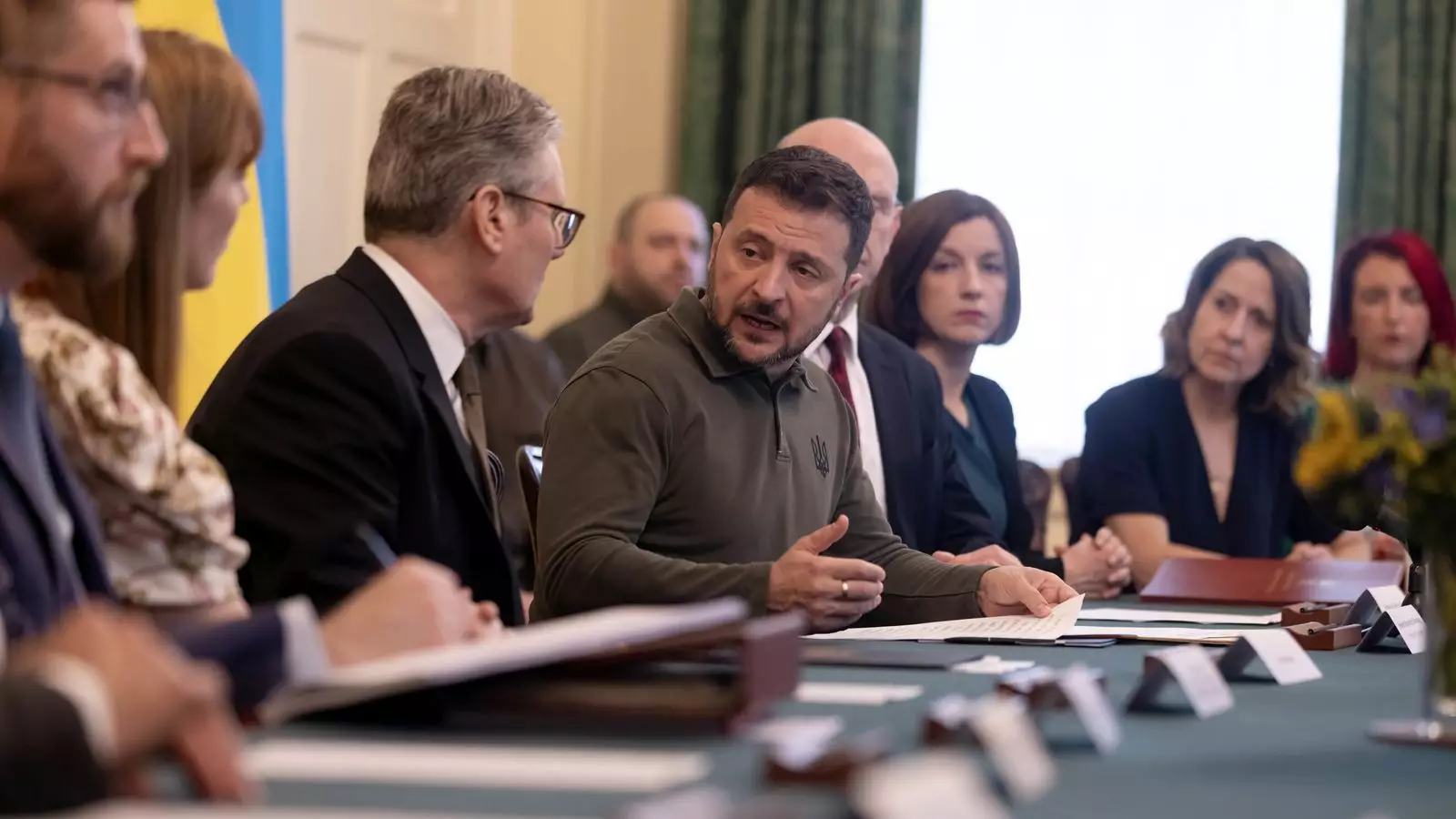In light of increasing global tensions and evolving security threats, the British government’s approach to defence spending is under intense scrutiny. Recent statements from key figures, including Chancellor Rachel Reeves and Business Secretary Jonathan Reynolds, highlight a growing consensus within the government regarding the necessity to enhance financial commitment to the UK’s armed forces. However, differing opinions and priorities among senior officials raise questions about the direction of military expenditure and the urgent need for strategic alignment.
Both Chancellor Reeves and Business Secretary Reynolds acknowledge that increased expenditure on defence is essential given the backdrop of geopolitical instability. According to Reynolds, recognition of these global pressures is not limited to governmental leaders; it extends to the broader population who internalizes the implications of a potentially volatile world. He indicated, “defence has to be the cornerstone of our national prosperity,” suggesting that a robust military might not only secure peace but foster economic stability as well. This perspective aligns with the needs of a nation that prides itself on its role in global matters, especially within the NATO alliance.
However, the complexity of the situation is multifaceted. Reports indicate that Admiral Sir Tony Radakin and other military leaders have requested an increase in spending to 2.65% of the UK’s GDP, signaling the urgency felt within the armed forces. In contrast, a senior Treasury official mentioned Reeves’s reluctance to allocate additional funds for defence this fiscal year. This divergence points to a critical tension between strategic military needs and fiscal conservatism within the government.
As discussions unfold, the political landscape is influenced by individual interests and strategic maneuvering. It has been suggested that Sir Keir Starmer, leader of the opposition, could sway the decision-making regarding defence budgets beyond the Chancellor’s hesitations. Sources indicate that Starmer is willing to override Reeves if it means aligning with military requirements, reflecting the partisan dynamics at play. This raises important questions: Should military funding be a politically charged issue, or is it too important to be merely a subject of political rivalry?
Given these political machinations, increased defence spending appears less like a unified effort arising from shared national interests and more like a platform for individual politicians to assert their influence. The implication is that while there is an awareness of the need for enhanced military capabilities, the approach taken could be undermined by factional disputes.
The current geopolitical environment complicates the UK’s defence spending discussions further. With President Donald Trump entering talks for a potential peace deal between Ukraine and Russia, the urgency for NATO allies to contribute more robustly to their defence commitments cannot be overstated. Scholars like Rachel Ellehuus from the Royal United Services Institute argue that the current 2% NATO target is insufficient given Washington’s shifting focus overseas. The necessity for adaptability in response to evolving threats has never been more acutely underscored.
Ellehuus advocates for immediate investments in both conventional military capabilities and innovative approaches. There is a pressing need for governments to ensure they are prepared not only with hardware but also with adequately trained personnel. The UK’s strategic planning must involve foresight about recruitment and retention as operational capabilities are directly linked to human resources.
As Europe holds an emergency meeting to discuss the ramifications of the ongoing conflict in Ukraine, the UK’s role in the NATO framework emerges as a focal point. Prime Minister Boris Johnson’s assertion of a “once in a generation moment” for transatlantic cooperation emphasizes the urgency for Europe to take greater responsibility within NATO. As Sir Keir prepares for meetings with EU leaders and then with Trump, there is a palpable anticipation regarding how these discussions will shape the UK’s future defence posture.
While the UK government recognizes the necessity for increased defence spending against a backdrop of complicated geopolitical dynamics, the pathway forward remains fraught with political complexity and urgency. To preserve national security and respond proactively to both domestic and international challenges, it is imperative that a cohesive strategy is established—one that transcends individual political ambitions and prioritizes collective security. The upcoming spending review is not just a financial document; it is a litmus test for the UK’s commitment to its global responsibilities.


Leave a Reply